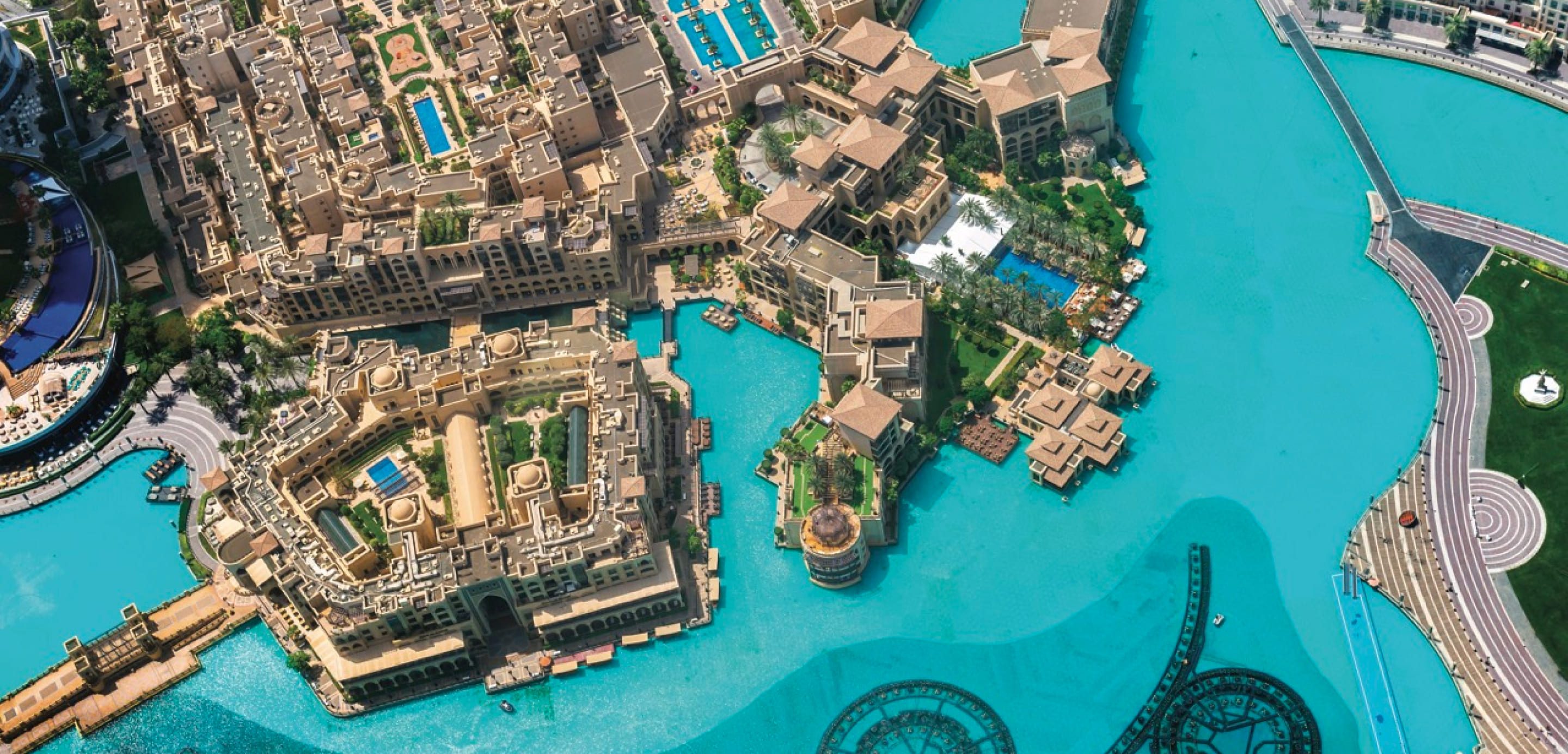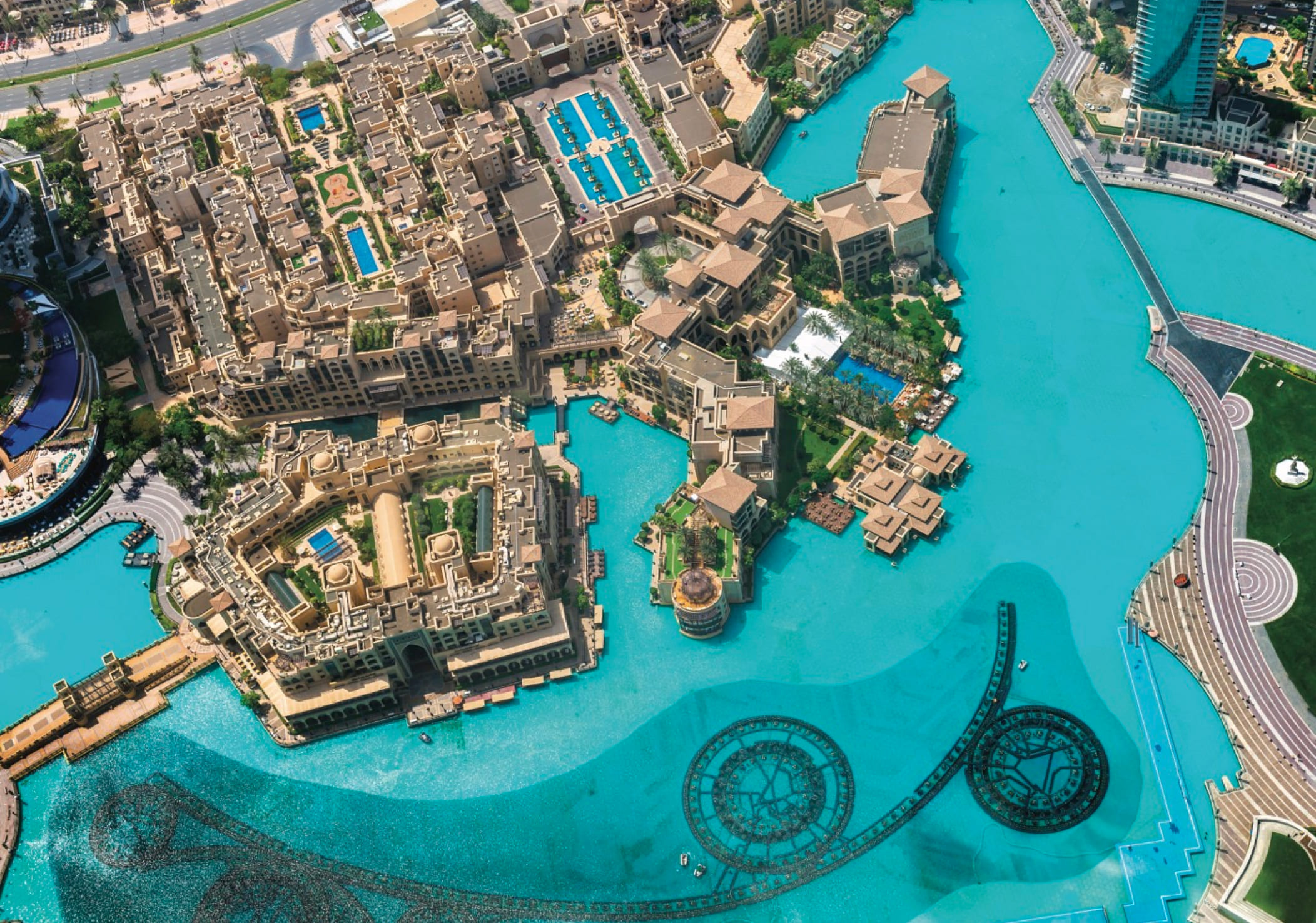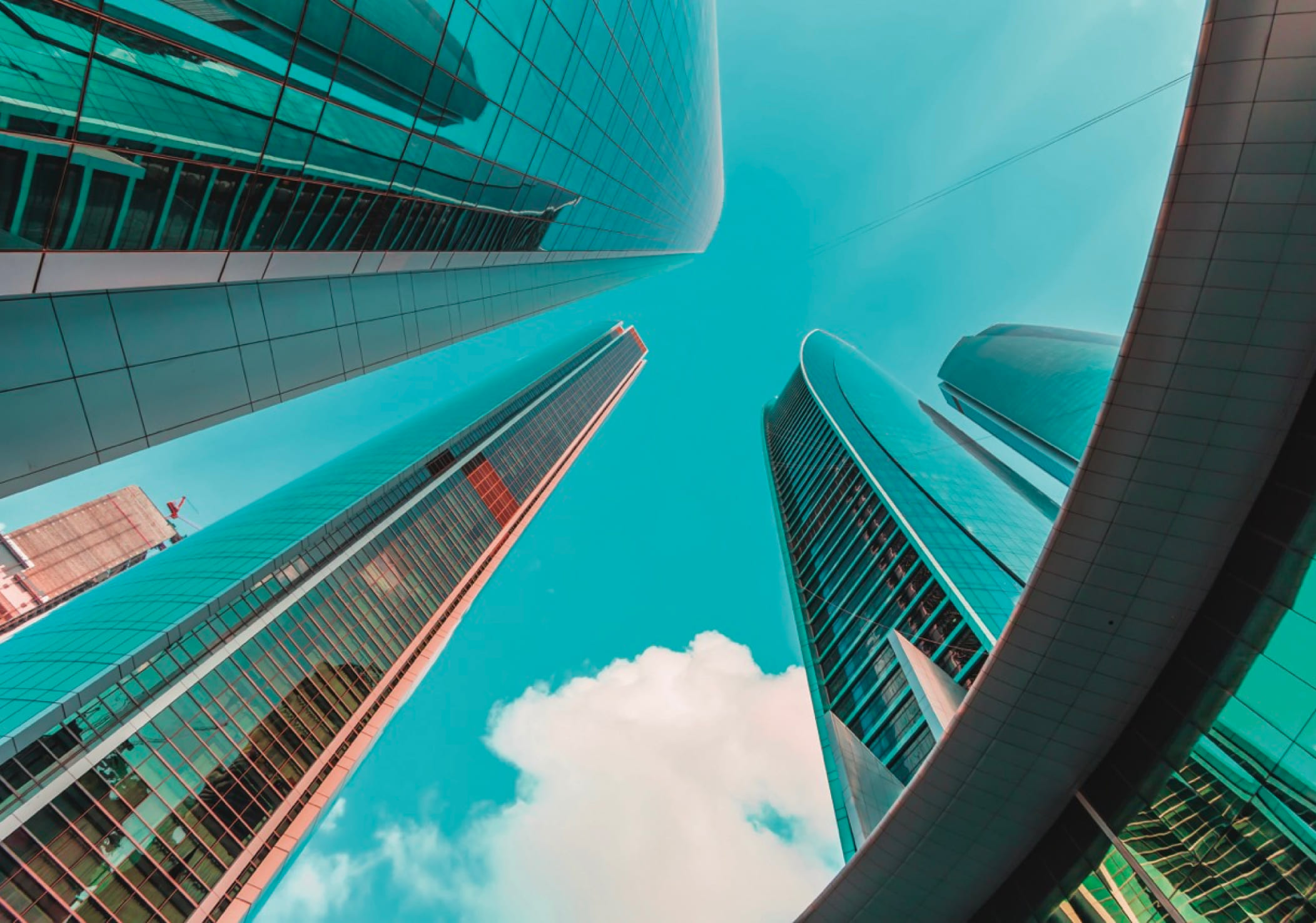
The accelerated growth of the United Arab Emirates has led to major changes not only in the country, but also in the way projects are managed, with Maire Tecnimont becoming an increasingly important player in the Middle East. «It is the result of teamwork – explains Massimo Sicari, Middle East Region Vice President – based on the value of complementary cooperation».
Sometimes perfect symbioses are created even outside of the natural world, on a professional, engineering and visionary level. On occasion, the growth of a company may go hand in hand with the development of the country in which it operates, even if the transformation is lively, profound and continuous. This is the story that binds Maire Tecnimont to the United Arab Emirates, a country in the Middle East where the company has been operating for thirty years: it must be pointed out that these have been three decades of fundamental strategic importance for the growth of a country that has just turned half a century old, and that in the course of its short life has managed to establish itself as one of the richest in the world, despite its small geographical area (83,600 square kilometers) and a population that does not quite reach 10 million inhabitants. How has the Arab state succeeded in this endeavor? What has changed over the course of time? And what role has Maire Tecnimont played?
The vision of a young, rich and determined country
Massimo Sicari, Middle East Vice President, helps us to answer these questions. The eyes of those who have lived and worked at that latitude for thirty years are struck by how much the United Arab Emirates have changed both morphologically and industrially: «In the nineties, the main concern was guaranteeing electricity and water, so desalination plants were built. The whole glittering area of the Dubai Marina did not exist; there was only a two-lane road in the middle of the desert connecting the city to the capital Abu Dhabi. Today we travel on six-lane roads that pass by skyscrapers designed by archi-stars, high-fashion stores and residential neighborhoods». Industrial change has been just as rapid, led by an enlightened ruling class that has invested in Oil&Gas with a winning approach based on three steps: involving the major international players in the sector, trusting in their best technology and acquiring technological know-how. Another important fact: today, the new Emirate managerial class is made up of highly prepared managers between 45 and 50 years of age, at most, who have studied at the most prestigious American and European universities by virtue of scholarships made available by the State».
But this is not the end of the story. A broad vision of the future and the ability to look ahead have pushed the Emirates to diversify their gross domestic product, reducing their reliance on oil: this explains their decision to develop both trade and tourism as well. In fact, the port of Dubai is now the largest tourist port in the world, an important commercial hub of international traffic and the landmark of the city that is considered to be the epitome of luxury travel.

A THREE-DECADE-LONG HISTORY CAN ONLY BE WRITTEN BY WORKING TOGETHER AS A CLOSE-KNIT TEAM

Our projects in the Middle East
In addition to the United Arab Emirates, Maire Tecnimont’s presence in the Middle East is rooted both in Saudi Arabia, where the Group has carried out important projects since 1990, and in Oman, where it has carried out several other activities while also investing in pro-territory projects to create value in local communities. The results achieved have created positive spillovers for the territories, meeting the expectations of the resident populations and promoting concrete sustainability initiatives. Over the years important projects have been carried out also in Kuwait and Qatar.
Saudi Arabia
- ADVANCE POLYOLEFINS COMPANY: PP Plant which entails the construction, on an EPC basis, of two polypropylene lines with a capacity of 400 thousand tons each per year, located within the integrated PDH-PP complex in Jubail Industrial City II.
- PETRORABIGH: Clean fuel and Sulfur Recovery Unit, consisting of the execution on an EPC basis of a new naphtha hydro-treating unit, a new sulfur recovery unit, as well as interconnection work.
Oman
- Construction of a part of the new Liwa Plastic Industries Complex (LPIC), specifically the polymer production unit – the polyethylene plant and the polypropylene plant.
- As Corporate Social Responsibility activity, the Carawan beach has been restored in 2017 and the rehabilitation of a stretch of coastline allowed residents to reclaim the Carawan Sea Shore.
- This work for the benefit of the local community was followed by the construction of a bridge in 2018 to connect the two parts of the village crossed by the Wadi Hala’El Bani Ghaith ("wadi" in Arabic means river), which in fact had been previously isolated from each other during the rainy season. Construction of a series of urban works at the Liwa Cultural Center followed, such as green areas, lighting, parking lots and access roads.
EVOLVE, a laboratory of humanistic engineering